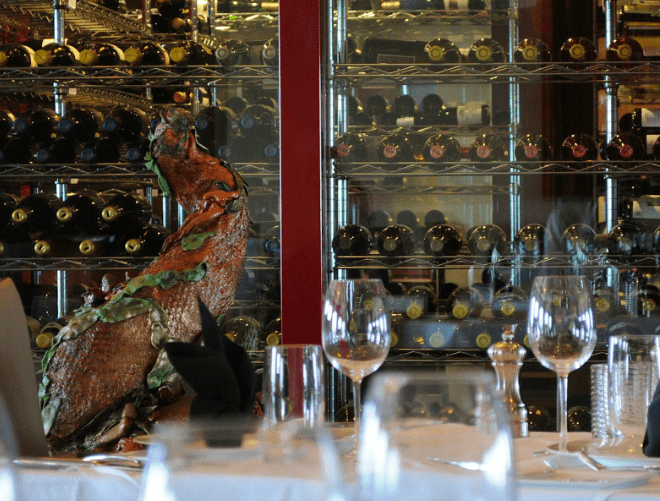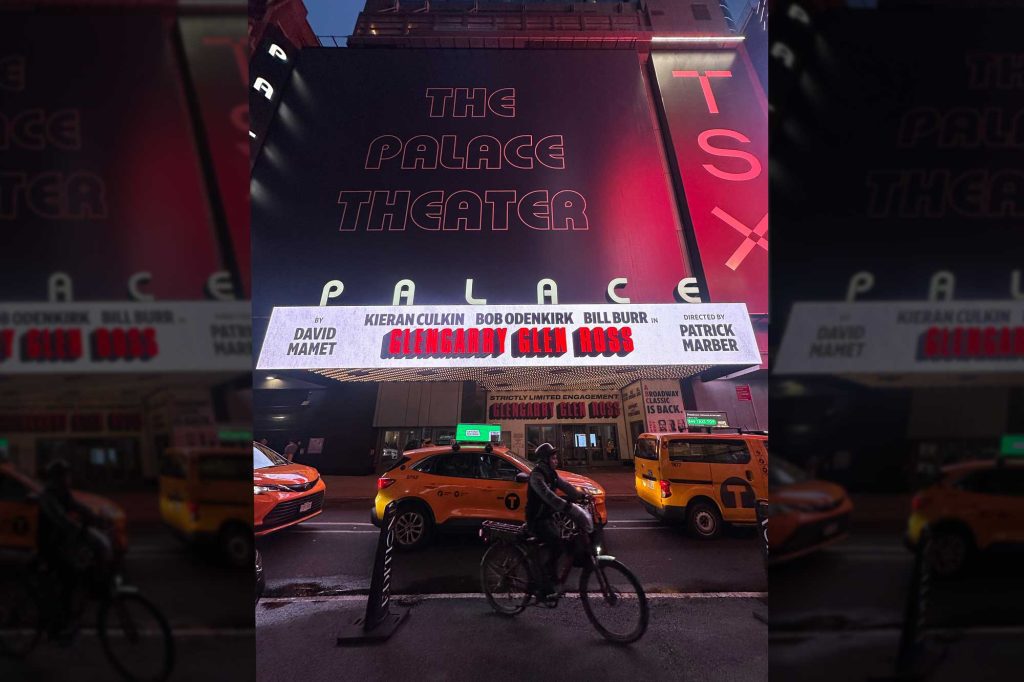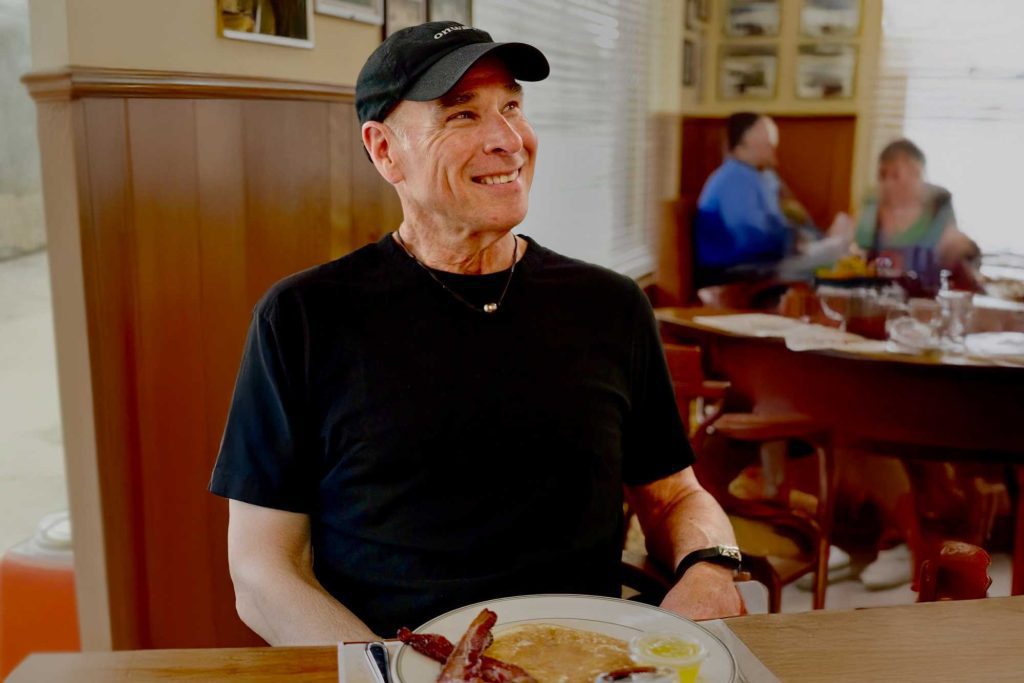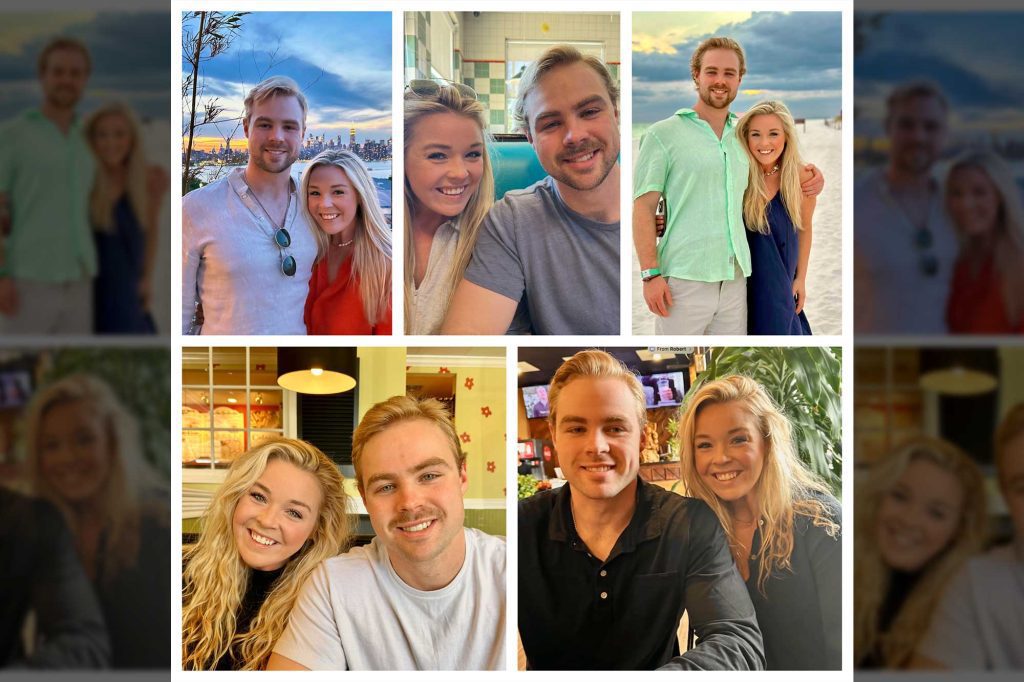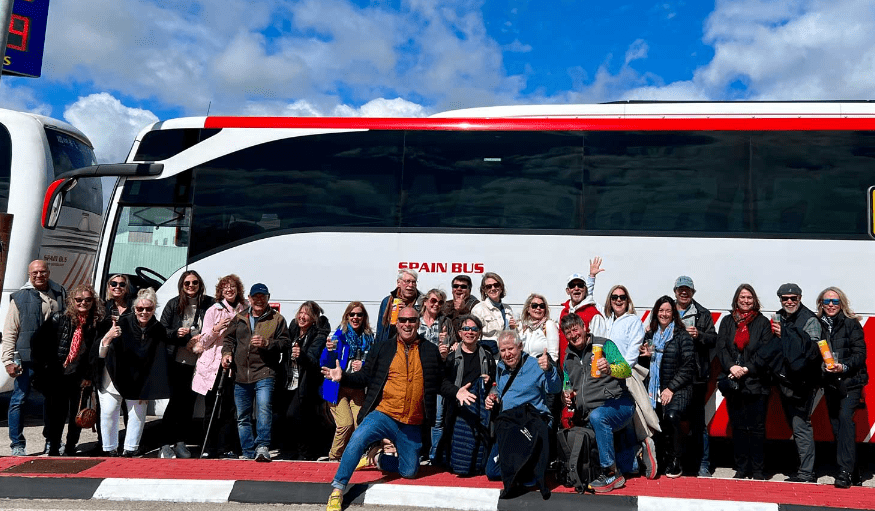
- Robert St. John says his travel-hosting gig is like the restaurant business but in the end, it’s all about hospitality.
The motto of the Boy Scouts of America is to be prepared. That’s all well and good, except I got kicked out of scouting as a Webelo (the stage between Cub Scouts and Boy Scouts). I was never awarded a preparedness merit badge, and don’t even know if there is such a thing. Though I feel as if I have armored up for all potential setbacks while hosting over 40 groups of more than 1,200 people, through lots of European countries over a six-year period. In all those travels, I have never had a transportation problem.
Until yesterday.
Transportation is one of the primary factors in hosting a successful tour group. It is key to be where you need to be at the time you need to be there. It’s just as important to be picked up at the agreed upon spot at the time that was agreed upon. Any deviation in the plan leads to unhappy guests. Transportation is so important it costs almost as much as lodging, sometimes more.
On the second day of this Spring 2024 RSJ Yonderlust Tour through Spain we encountered an issue that I have never had to deal with— the bus carrying my guests from Madrid to Toledo broke down in the middle of the Spanish countryside. Something that had to do with the electronics had failed. Our bus driver, Oscar, seemed competent, and one of our guests is an electrician, though no one could figure out a fix. We were stranded and running late for our lunch reservation.
A travel host is as happy as his least happy guest, and there was growing potential for a busload of unhappy guests. This was uncharted territory for me. I have been blessed with six years of trouble-free transportation on my tours. That’s an impressive feat as I have hosted tours in Venice, Bologna, Milan, Rome, Amalfi, Naples, a majority of the coastline of Sicily, most of Spain, England, France, The Netherlands, Belgium, and almost every inch of Tuscany. Our guests have travelled by van, bus, horse-drawn carriage, tuk tuks, golf carts, boats, planes, four-wheelers (on an active volcano) electric mini bikes, bicycles, and by foot, all without incident. Yesterday, it looked as if my luck had run out.
My boots-on-the-ground travel expert, Jessie Marinus, and I immediately started looking for solutions while keeping a positive attitude with the guests. To their credit, my guests seemed fine. My ego would like to think it’s because all but three of them have traveled with me before— for a few it was their fourth or fifth trip with me— but the group’s overall positive manner and optimistic outlook on life and travel was probably a more accurate explanation.
The first key in these situations is to not look worried or stressed on the outside, no matter how one feels on the inside. The second key is to live in the solution. I’m sure there is an early version of myself that would have panicked and been visibly angry at the situation. Though being blessed with a little clarity and having a small grasp on the concept of acceptance, I chose to acknowledge the situation for what it was and to do my best to fix it as quickly as possible. All attempts to repair the bus were failing. The only answer was to have the transportation company deliver a new bus to us as soon as possible. We were halfway between Madrid and Toledo at an abandoned roundabout with only a small convenience store in sight.
There was a possibility that a bus wouldn’t be available. Then what if there was a bus, but no available driver? How far away would they be? We could be in for a three or four hour wait with nothing to do except to waste away an entire day on this 10-day tour.
The other key in a situation such as this is maintaining constant communication with guests, keeping them in the loop and not guessing as to what is going on. To their credit the entire group remained happy and upbeat. Within an hour a new bus arrived, and we were on our way to Toledo.
There is so much of this travel-hosting gig that is like the restaurant business. In the end, it’s all about hospitality. I tell the leadership team at our restaurants, “Business is problems, and a successful business is problems well handled.” Problems are going to arise. It’s inevitable. The key to happy guests, whether they are sitting in a dining room in Hattiesburg, Mississippi or on a broke down bus in Spain, is to live in the solution.
The restaurant business really isn’t a food business, it’s a people business. The travel business is that, in reverse. It’s about people, but not the team members one works with, it’s all about the people who pay to travel. I have been blessed to host so many wonderful people over the years. When this new leg of my career began, I knew I would enjoy hosting Americans in Europe and turning them on to the people, places, food, art, architecture, and culture I had discovered on my travels. Though I never knew I would make such good and meaningful friendships.
We travel in groups of 25. There is nothing specific about that number other than that is what the two original villas we used in Tuscany could hold. My wife and I aren’t group travel people. Not at all. I have turned down free trips from food suppliers to all sorts of locations because I didn’t want to travel with a group. For some reason these trips don’t seem like group travel. I have never been able to figure out why it doesn’t seem like group travel, but it never has. The guests who travel with me say the same. It’s like a collection of friends who have gotten together in a foreign land to discover and have fun. In the end, I believe it’s the quality of people who join me on these excursions. We almost all become new friends. This group might be the best, yet.
Ultimately, if the Boy Scouts would have had a travel hosting or hospitality merit badge in scouting, I might would have stuck with it.
Onward.
#####
This Week’s Recipe: Minestrone Soup
I created a version of this in the early days of the Purple Parrot Café in the late 1980s. When we opened Tabella, I revised it and it’s a regular menu item.
INGREDIENTS
¼ cup Pure olive oil
1 ½ cup Onion, diced
1 ½ cup Carrot, diced
1 cup Celery, diced
½ cup Garlic, minced
¼ cup Kosher salt
1 tsp Dried basil
1 tsp Dried oregano
½ tsp Dried thyme
2 tsp Fresh ground black pepper
¼ tsp Crushed red pepper
2 Bay leaves
2 Tbsp Balsamic vinegar
½ cup White wine
¼ cup Tomato paste
2 – 28 ounce can San Marzano tomatoes, chopped
1 gallon Vegetable Stock
2 cups Zucchini, medium dice
2 cups Yellow squash, medium dice
1 – 10 ounce package frozen spinach, thawed, drained
2 – 15 ounce can kidney or cannelloni beans, drained
¼ cup Pesto
1 Tbsp Worcestershire sauce
INSTRUCTIONS
Heat olive oil in a stockpot over medium-high heat.
Add onions, carrots, celery, salt, peppers, basil, oregano, thyme and bay leaves. Cook for 8-10 minutes, stirring frequently.
Add wine and balsamic vinegar. Continue cooking for 3 minutes.
Add tomato paste and cook 6-8 minutes, stirring constantly, being careful not to let it burn.
Add canned tomatoes and chicken stock. Simmer for 1 hour.
Add zucchini, squash, spinach and kidney beans and cook for 8 minutes.
Remove from heat and stir in pesto and Worcestershire.
Yield: 1 gallon
